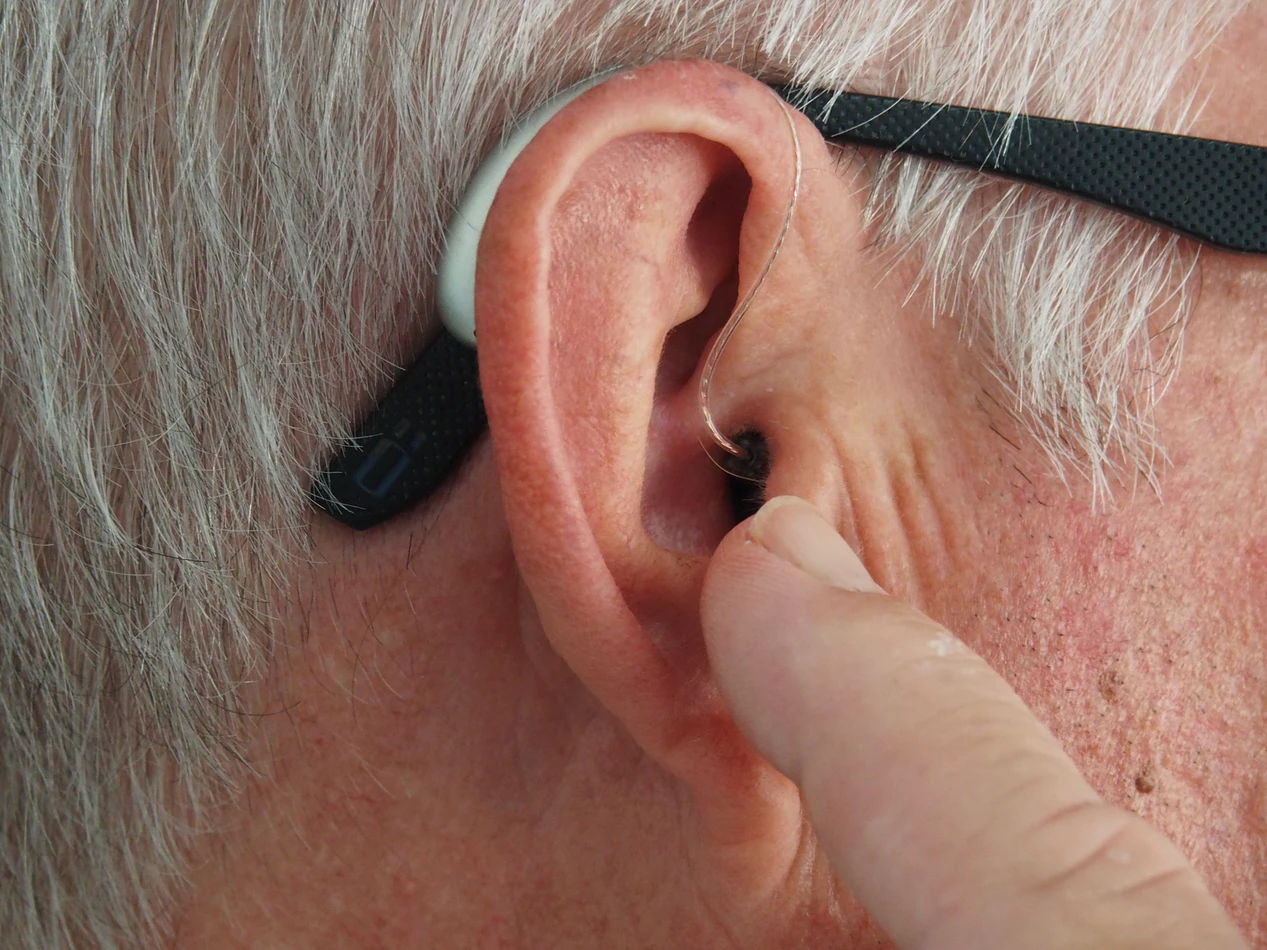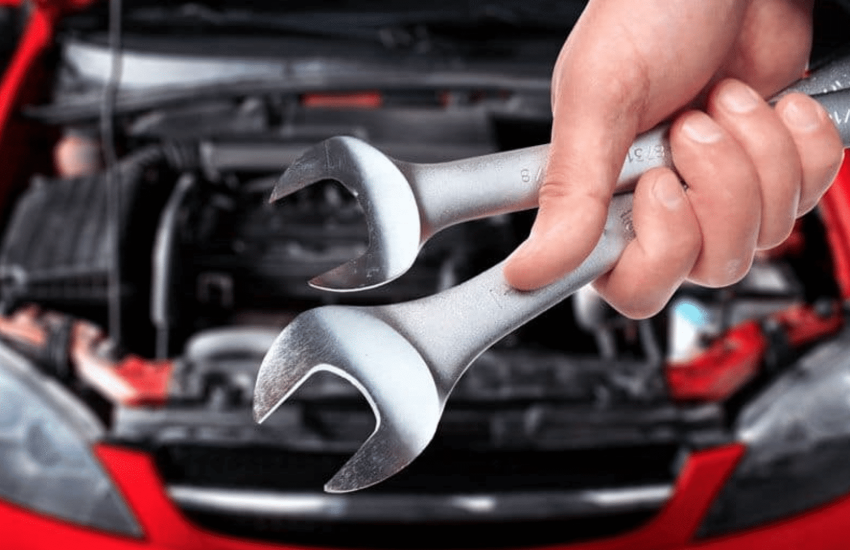How To Respond To Hearing Health Problems
Source: https://unsplash.com/photos/bmzkW_nN0pQ (CC0)
Hearing health problems are more common than you might think. Since hearing loss happens gradually, it’s hard to actually pick up on any hearing-related issues that you might be facing. Before you know it, you could be sitting in an audiologist’s office waiting to receive your first hearing aids. By then, your hearing is likely already damaged beyond repair and there’s no going back.
It’s important to identify and cope with hearing health problems as soon as possible so that you can preserve your hearing. But how exactly do you respond to hearing health problems and what are the best options available to you?
Identifying if you have a hearing problem
First, make sure you identify if you have a hearing disability or not. There are a couple of signs that you should look for before you decide to go see a professional. For example, if you notice that you have trouble hearing people when they’re in a small crowd, then it could be an early sign of hearing loss. Another common sign is frequently having to tell people to repeat themselves. You might also notice that some people comment on how loud your TV or music is. If you encounter any of these situations, it’s worth checking on your hearing health.
Speak to an audiologist as soon as possible
An audiologist is the first person that you should visit if you think that you have a hearing health problem. An audiologist will be able to identify if you have hearing loss and also the level of hearing loss that you have. Afterwards, you’ll be given some suggestions on how to restore your hearing such as using hearing aids. In some cases, you may be lucky and discover that your hearing loss is caused by an infection or impacted ear wax. These problems can be fixed and your hearing will likely be restored afterwards.
Discuss hearing aid options if needed
If you do need hearing aids then it’s a good idea to speak to your audiologist about the costs involved. You may be offered hearing aid financing if you’re not sure if you can afford them straight away. Your audiologist will discuss all of the different options available for you so that you get a suitable hearing aid designed for your personal circumstances.
Wear custom hearing protection
If your audiologist tells you that you currently don’t need hearing aids then you may want to consider hearing protection. This will help to prolong your hearing health and ensure that you don’t suffer further damage. Hearing protection options such as earplugs are affordable and fairly easy to obtain. You can opt for custom hearing protection if you want a better seal, but these can take time to make and aren’t as accessible as over-the-counter options.
Hopefully, this post has shown you the correct response to take when you encounter hearing health problems. It’s important to make sure that you’re not stressing out your ears more than you should be in order to protect your hearing.



If a person can’t hear certain tones this suggests there has been some degree of hearing loss.